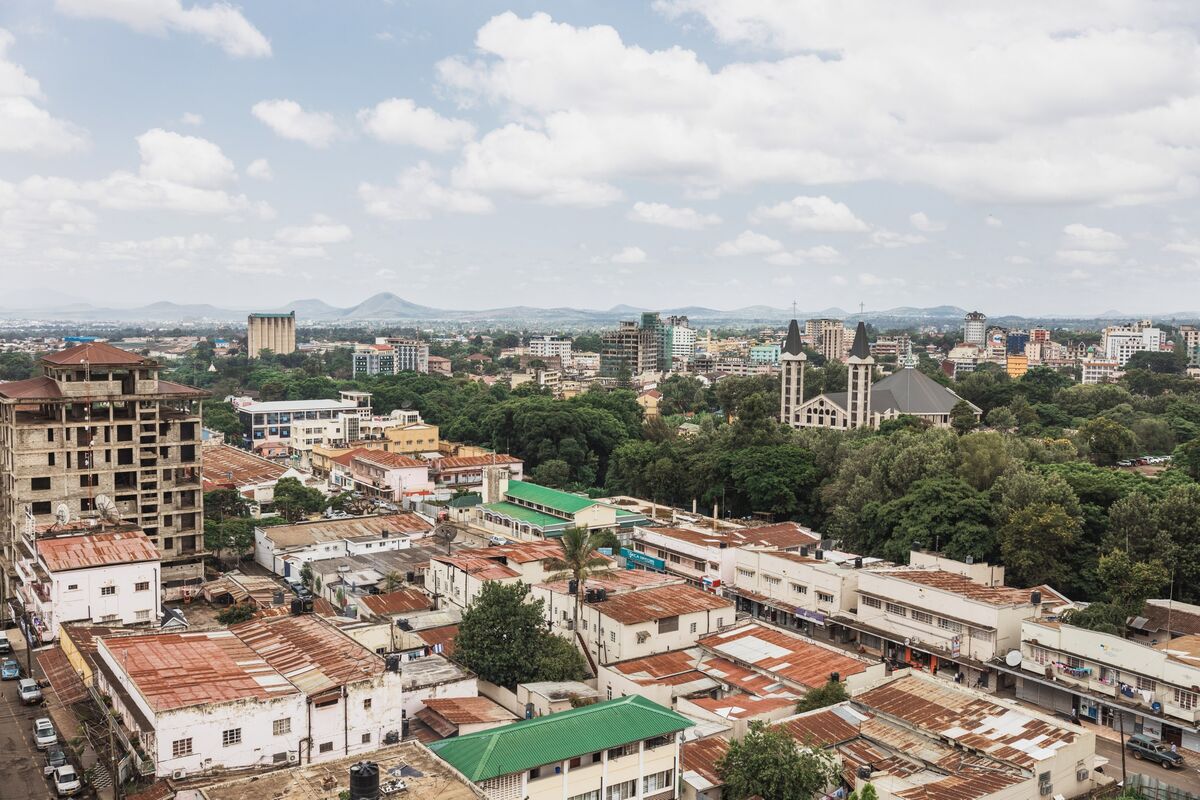Yamungu Jeremiah
Member
- Jul 16, 2021
- 33
- 23
Habari!
Leo Jan-19-2024 Benki kuu ya Tanzania BOT imetangaza rasmi kuanza kutumia mfumo wa Riba, kama taarifa yao inavyoeleza "BoT YATANGAZA RIBA YA BENKI KUU KWA ROBO YA KWANZA YA MWAKA 2024".
Riba ya Benki kuu ilivyotangazwa ni asilimia 5.5(5.5%) kwa robo ya kwanza ya mwaka huu. Riba hii itakuwa ni riba elekezi itakayo simamia riba zingine katika soko la fedha.
Akiongelea suala hilo Gavana wa Benki kuu Bw. Emannuel Tutuba, amezungumza haya
"Ili kuwezesha kufikiwa kwa malengo haya, Benki Kuu itatumia nyenzo mbalimbali za sera ya fedha kuhakikisha riba katika soko la fedha baina ya benki hapa nchini (interbank market) inakuwa tulivu."
“Hivyo, Benki Kuu itakuwa inafuatilia mwenendo wa riba ya mikopo ya siku 7 katika soko hilo na kuchukua hatua kuhakikisha mabadiliko ya riba yanakuwa ndani ya wigo usiozidi asilimia 2 chini au juu (+/-2%) ya Riba ya Benki Kuu"
Swali langu ni je, soko la fedha, hususani benki, litatekeleza sera hii ya fedha kama inavyotakiwa?
Kama jibu ni ndio, kwa mtazamo wangu mimi naona kutakuwa na unafuu katika soko hilo kwani wakopeshaji watatumia +/-2% ya riba benki kuu(5.5%) kama msingi katika kuchakata riba zao na hivyo kupelekea unafuu kwa wakopaji.
Mwenye uelewa zaidi juu ya suala hili anaombwa kufafanua zaidi ili sote tuelewe, pengine sikuelewa vizuri.

Leo Jan-19-2024 Benki kuu ya Tanzania BOT imetangaza rasmi kuanza kutumia mfumo wa Riba, kama taarifa yao inavyoeleza "BoT YATANGAZA RIBA YA BENKI KUU KWA ROBO YA KWANZA YA MWAKA 2024".
Riba ya Benki kuu ilivyotangazwa ni asilimia 5.5(5.5%) kwa robo ya kwanza ya mwaka huu. Riba hii itakuwa ni riba elekezi itakayo simamia riba zingine katika soko la fedha.
Akiongelea suala hilo Gavana wa Benki kuu Bw. Emannuel Tutuba, amezungumza haya
"Ili kuwezesha kufikiwa kwa malengo haya, Benki Kuu itatumia nyenzo mbalimbali za sera ya fedha kuhakikisha riba katika soko la fedha baina ya benki hapa nchini (interbank market) inakuwa tulivu."
“Hivyo, Benki Kuu itakuwa inafuatilia mwenendo wa riba ya mikopo ya siku 7 katika soko hilo na kuchukua hatua kuhakikisha mabadiliko ya riba yanakuwa ndani ya wigo usiozidi asilimia 2 chini au juu (+/-2%) ya Riba ya Benki Kuu"
Swali langu ni je, soko la fedha, hususani benki, litatekeleza sera hii ya fedha kama inavyotakiwa?
Kama jibu ni ndio, kwa mtazamo wangu mimi naona kutakuwa na unafuu katika soko hilo kwani wakopeshaji watatumia +/-2% ya riba benki kuu(5.5%) kama msingi katika kuchakata riba zao na hivyo kupelekea unafuu kwa wakopaji.
Mwenye uelewa zaidi juu ya suala hili anaombwa kufafanua zaidi ili sote tuelewe, pengine sikuelewa vizuri.


 2024 Bloomberg L.P.
2024 Bloomberg L.P.